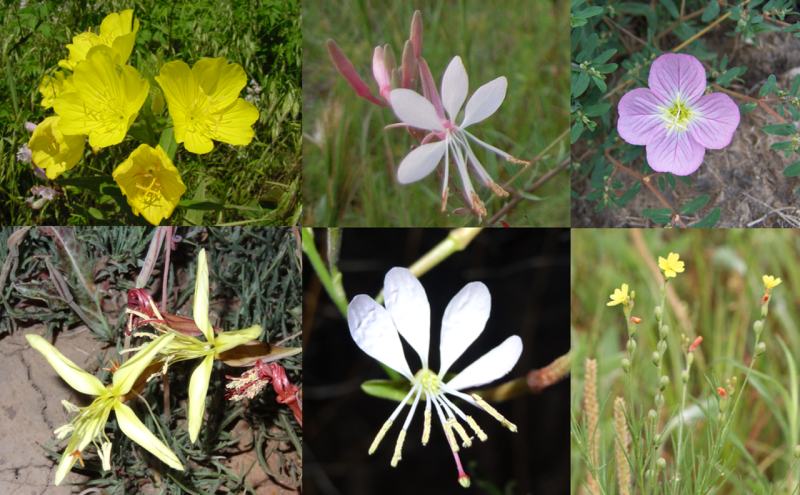Testing Pollination Syndromes in Oenothera (Onagraceae)
DOI:
https://doi.org/10.26786/1920-7603(2020)609Abstract
Pollinators are considered a major selective force in shaping the diversification of angiosperms. It has been hypothesized that convergent evolution of floral form has resulted in “pollination syndromes” - i.e. suites of floral traits that correspond to attraction of particular pollinator functional groups. Across the literature, the pollination syndrome concept has received mixed support. This may be due to studies using different methods to describe floral traits and/or the pollination syndrome concept being supported more often in species highly reliant on pollinators for reproduction. Here, we assess the predictive ability of pollination syndromes in Oenothera, a species rich clade with pollination systems existing on a gradient of specialization, and in which species are either self-compatible or self-incompatible. We ask the following questions: Do Oenothera species follow the pollination syndrome concept using traditional, categorical floral trait descriptions and/or quantitative floral trait measurements? And, are floral traits more predictive of primary pollinators in species with specialized pollination systems and/or species that are self-incompatible? Mapping floral traits of 54 Oenothera species into morphospace, we do not find support for the pollination syndrome concept using either categorical or quantitative floral trait descriptions. We do not find support for specialization or breeding system influencing the prediction of primary pollinators. However, we find pollination syndromes were more predictive in Oenothera species with moth pollination systems. Collectively, these results suggest that the pollination syndrome concept cannot be generally applied across taxa and that evolutionary history is important to consider when evaluating the relationship between floral form and contemporary pollinators.

Downloads
Published
How to Cite
Issue
Section
License
Copyright (c) 2021 Kyra N. Krakos, Matthew W. Austin

This work is licensed under a Creative Commons Attribution 4.0 International License.











